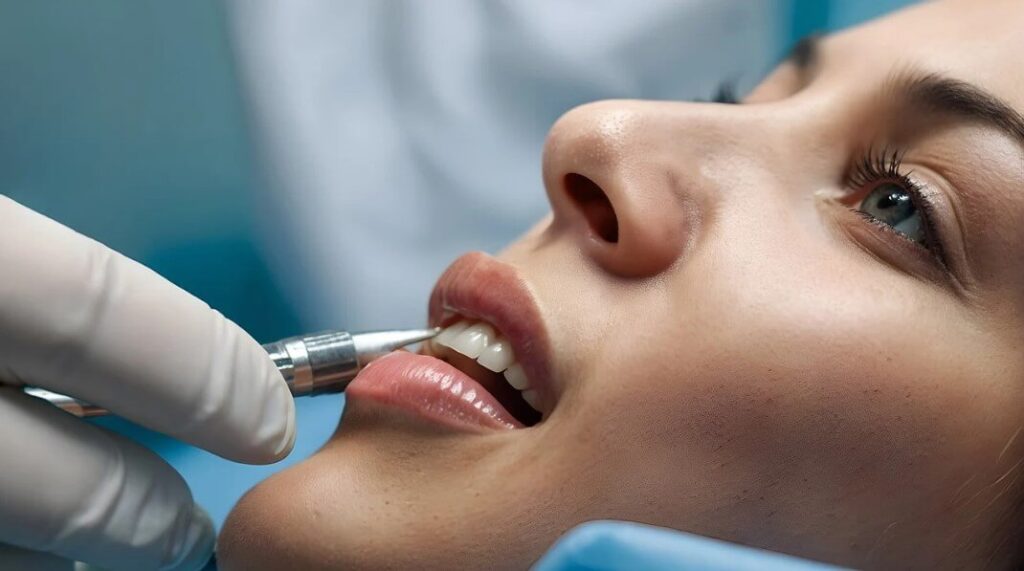Sedation Dentistry Options

Dental anxiety can be a significant barrier to receiving the care you need, but it doesn’t have to be. At Vivid Dental Raleigh, we recognize that many patients experience apprehension about dental visits. Fortunately, there are effective strategies to make your experience comfortable and stress-free. This comprehensive overview will introduce you to the sedation dentistry […]
Teeth Whitening Longevity

Your smile is one of your most powerful assets, and Vivid Dental Raleigh is dedicated to helping you maximize its potential. As you explore the possibilities of teeth whitening, it’s essential to know what to expect regarding results and longevity. Join us as we explore the ins and outs of teeth whitening and the factors […]
Teeth Whitening Strips Effectiveness

Teeth whitening has become a go-to cosmetic solution for many people looking to brighten their smiles. With a range of options available, over-the-counter teeth whitening strips have gained popularity due to their convenience and affordability. But the question remains: do teeth whitening strips work? At Vivid Dental Raleigh, we understand the importance of a radiant […]
Tooth Pain from Cold

Have you ever cringed after sipping an icy beverage or felt a sudden sharp pain when breathing in cold air? If so, you might be experiencing tooth sensitivity to cold. This common dental issue can range from mildly uncomfortable to downright painful, affecting your daily life. At Vivid Dental Raleigh, we understand how frustrating and […]
Dental Implant Lifespan: How Long Can They Last?

Some people who are thinking about getting dental implants or who already have them may be curious: how long do dental implants last? Implants are a great way to replace missing teeth as they last a long time and look natural. Of course, you want to know how long it will last before you spend […]
Veneers Aftercare

If you’ve recently invested in veneers to enhance your smile, you are likely eager to keep them looking pristine. Veneers can be a fantastic solution for achieving a flawless smile, but like any dental treatment, they require proper care to maintain their appearance and longevity. At Vivid Dental Raleigh, we understand the importance of knowing […]